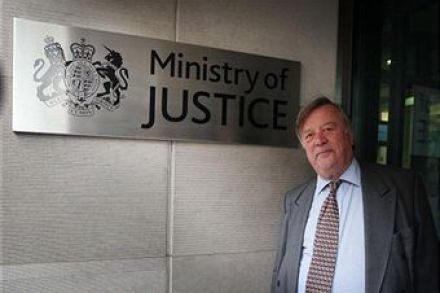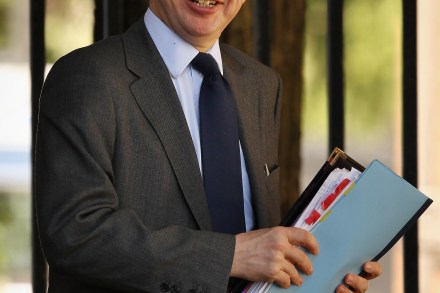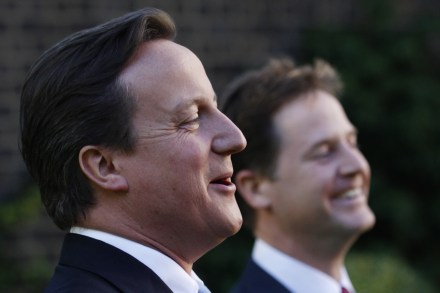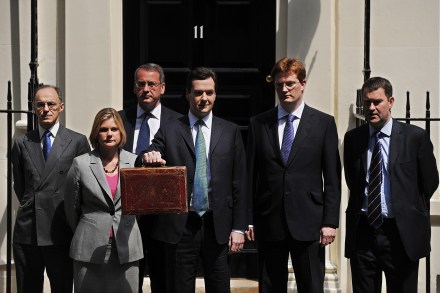Bercow’s screech
Speaker Bercow needs to be stopped. His management of PMQs is becoming a scandal. Having menaced MPs last night with a speech complaining about unruly behaviour in the house, (‘the screech of scrutiny’), he added a coded threat to sin-bin any member who offends his sense of decorum. Today he found the chamber as quiet as a slapped puppy. Perhaps that delighted him. It dismayed viewers at home. We watched the dullest PMQs of the year. Perhaps for several years. The exchanges between Harman and Cameron lacked tempo or bite. Both leaders sensed that their parties had been doped with fear by Bercow. With the house becalmed, the leaders




















